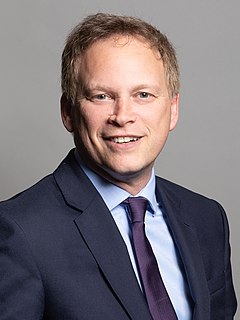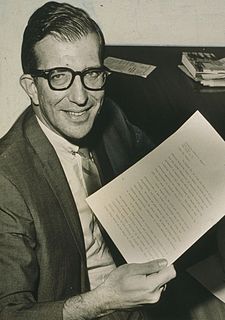A Quote by Raghuram Rajan
How do we get more politicians to move from 'fixing' the system to reforming the system? The obvious answer is to either improve the quality of public services or reduce the public's dependence on them. Both approaches are necessary.
Related Quotes
I think, unfortunately, many opinion leaders in Germany - including government officials, politicians, social service bureaucrats and so forth - they are in the private system, and they get paid the private insurance by their employer. So for them this is the best of two worlds: They have some more expensive and privileged access, but they do not have to pay for it themselves. This is a system which is both inefficient and unfair at the same time, but it is defended by those who profit from this system, and this includes many opinion leaders and many politicians.
There are obvious places in which government can narrow the chasm between haves and have-nots. One is the public schools, which have been seen as the great leveler, the authentic melting pot. That, today, is nonsense. In his scathing study of the nation's public school system entitled "Savage Inequalities," Jonathan Kozol made manifest the truth: that we have a system that discriminates against the poor in everything from class size to curriculum.
I think the public library system is one of the most amazing American institutions. Free for everybody. If you ever get the blues about the status of American culture there are still more public libraries than there are McDonald's. During the worst of the Depression not one public library closed their doors.
If the air quality is terrible in Los Angeles, if a particular university is unusually expensive, if crime is on the rise in Dallas, or if a company has a lot of recalled toys, transparency can spur change. Whenever public or private institutions have to answer to the public, their performance is likely to improve.
We need a system where some politicians - who quite rightly respond to the public mood - are prepared to stand up in favour of housebuilding, so I came up with a system that gives local people something they really want in return for building more homes. In our case in Hatfield, it's a new town centre.
President Obama started in public life not as an elected official but as a community organizer. He worked with churches and other groups on the south side of Chicago to push public leaders to fight poverty, improve the local school system and make housing more affordable, and to bring about the change the community needed and deserved.
It's time to admit that public education operates like a planned economy, a bureaucratic system in which everybody's role is spelled out in advance and there are few incentives for innovation and productivity. It's no surprise that our school system doesn't improve: It more resembles the communist economy than our own market economy.
I believe we're at the verge of the greatest time to be alive in this world. But Washington is holding us back. How we tax, how we regulate. We're not embracing the energy revolution in our midst, a broken immigration system that has been politicized rather than turning it into an economic driver. We're not protecting and preserving our entitlement system or reforming for the next generation. All these things languish while we have politicians in Washington using these as wedge issues.




































